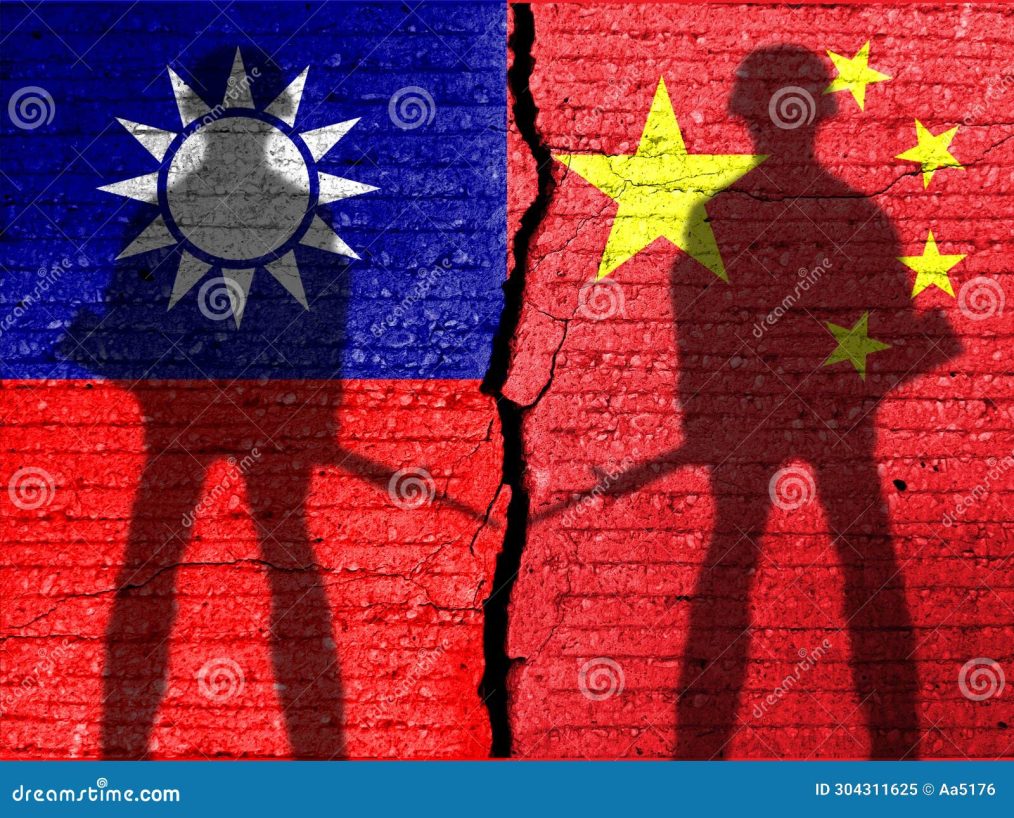
Taiwan: A Complex Legacy and Modern Challenges
Southeast Asia Insight – David White
Taiwan, a self-governing island, stands as a poignant reminder of China’s tumultuous history during the 19th and early 20th centuries, when it was dominated by foreign powers. This period, known as the “Century of Humiliation,” ended with Mao’s victory in 1949 and the retreat of Chinese Nationalist leader Chiang Kai-shek to Taiwan, with U.S. support.
For the United States, Taiwan represents one of the last Cold War battlegrounds between Marxist Communism and Liberal Democracy. However, the potential conflict over Taiwan is causing leaders across the Indo-Pacific to reconsider the costs and risks involved.
Taiwan must enhance its defence capabilities to withstand increasing hostility from China. President Lai Ching-te is pushing for accelerated modernization and preparation despite significant challenges. Beijing views Lai as a “dangerous separatist” and has intensified military provocations.
Taiwan’s military struggles with a lack of equipment and proper training. Defence Minister Wellington Koo admitted that reservist training needs improvement. Only a small percentage of eligible conscripts have completed the new 12-month training program, raising concerns about Taiwan’s readiness.
This situation is further complicated by political dynamics in the U.S. Former President Trump has suggested a more transactional approach to U.S.-Taiwan relations, contrasting with President Biden’s commitment to defend Taiwan. Taiwan’s slow progress in boosting military training worries experts in Washington and Taipei.
Taiwan’s young people exhibit a “defeatist attitude,” like trends seen in Australia and other Western nations. President Lai has warned against complacency and emphasized the need for readiness. The Kuomintang, Taiwan’s Beijing-friendly party, opposes Lai’s reforms, accusing the government of escalating tensions.
For Australia, this situation underscores the need to adapt to a rapidly changing Indo-Pacific region. Australians must recognize the importance of strategic investment and reform to avoid being overshadowed by rising regional powers. The future will require a shift away from short-term policies toward a more comprehensive strategy to address these complex challenges.



